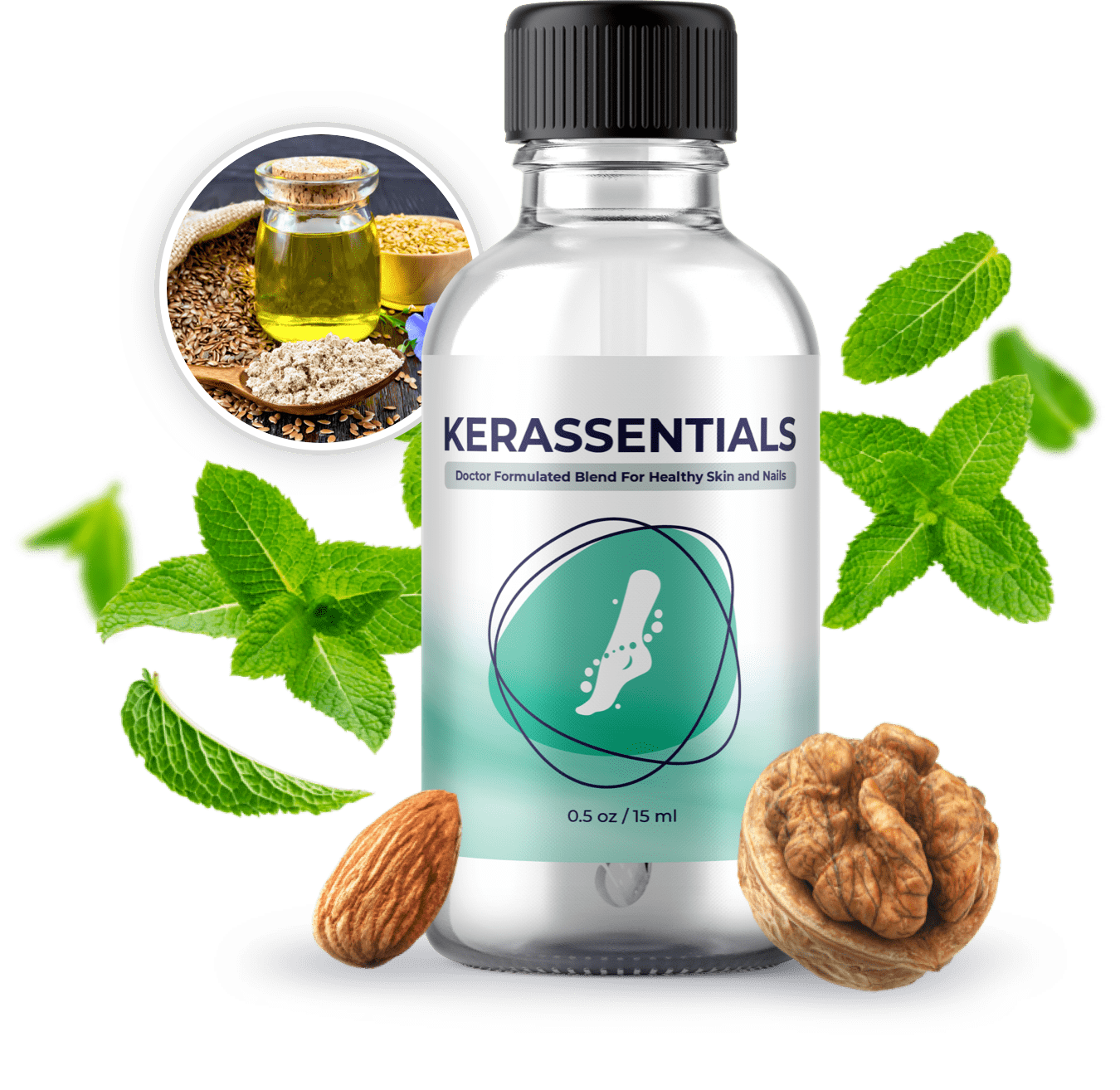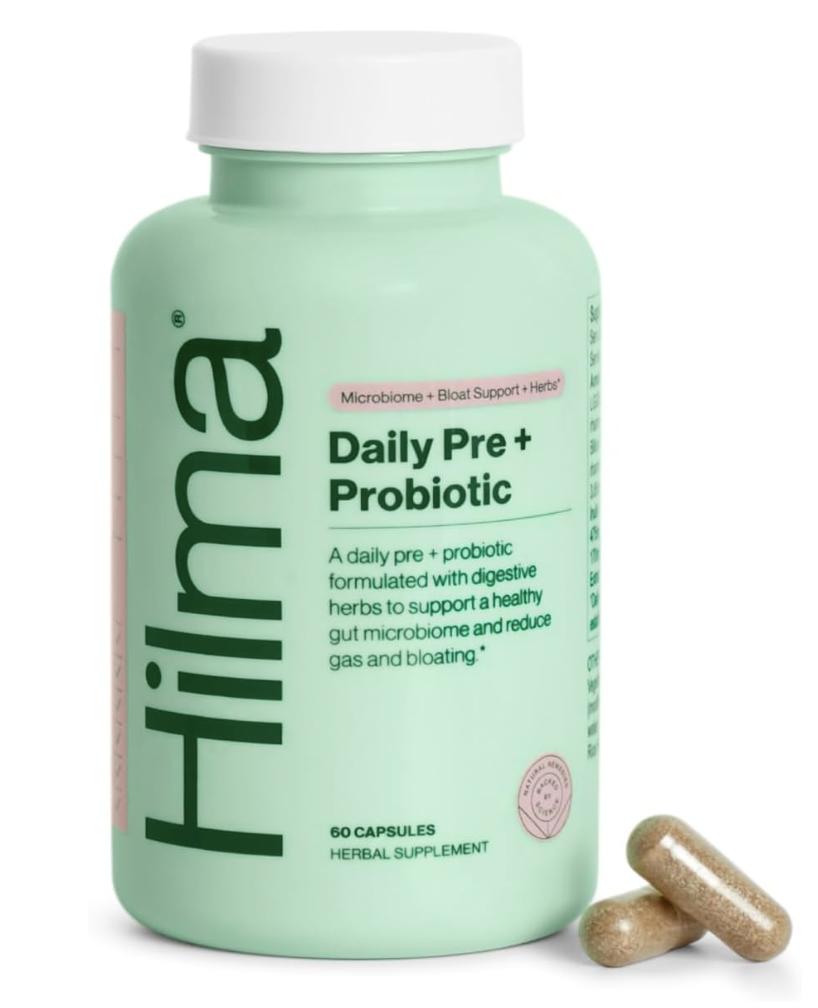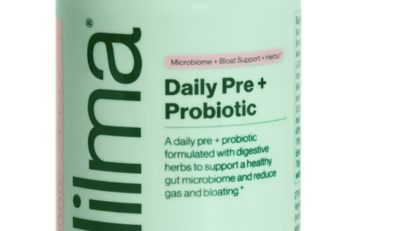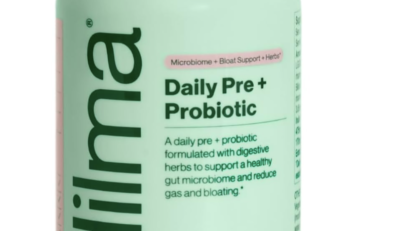Permission to unwrap that stick of spearmint as you read granted.
Our bodies are home to trillions of different microorganisms. These good bacteria (also known as probiotics) are found in all different parts of your body, including your skin, vaginal microbiome, and yes, even your gut. This is often why probiotic supplements for gut health are so popular, and why, if you’re backed up, probiotics may help you poop.
“Our gut microbiome is likely the most complex system in our body, having the greatest effect on our overall health,” says Tami Best, RDN, CDN, IFNCP, an integrative and functional dietitian with Top Nutrition Coaching.
Probiotics work to break down food and create and absorb nutrients, meaning they can potentially affect how well our bowels move. When our gut microbiome is imbalanced though (i.e., there’s too little probiotics and too much bad bacteria in our gut), it can cause a whole host of digestive symptoms like constipation, bloating, and gas, says Georgia Close, MD, gastroenterologist and medical advisor for Hilma.
If you want to get your bowels back on track, rebalancing your gut microbiome with probiotics may be a good place to start. Here, learn more about how probiotics help you poop, plus how to get more probiotics in the form of nutrient-dense food and supplements.
Do probiotics make you poop?
Probiotics can help ease constipation by increasing the organisms in the gut that help soften stool. They also encourage more movement and contraction of your colon, which helps to move waste along, according to a February 2022 study in Molecules.
“Probiotics tend to decrease the transit time of waste through the colon, which prevents the body from absorbing more fluid from the stool—and this keeps the stool softer, which allows for easier emptying,” says Best.
But not just any probiotic will do the trick. There are many different types of species, and Dr. Close says that Lactobacillus rhamnosus and Bifidobacterium are the main strains that have been shown to improve bowel movement regularity.
It’s also important to note that you’re probably not going to notice the effects immediately. “Probiotics can help balance the gut microbiome, and help reduce constipation and other digestive symptoms, over time,” says Dr. Close. Emphasis on over time. “A probiotic can help target the root cause of your constipation,” she adds. So you’ll want to make sure to take your probiotic consistently and as instructed.
That said, depending on the dose and strains used, probiotics may be effective at stimulating bowel movements in as few as just two doses, adds Best. So if you hardly ever poop after eating (or even within the day), probiotics could help you get things back on track.
Can probiotics give you diarrhea?
Although very rare, taking too many probiotics, especially if you have a sensitive stomach, might cause diarrhea. That’s because many often produce short-chain fatty acids (SCFA) in the gut, and a sudden increase in these byproducts can potentially lead to a bout of diarrhea, according to the Cleveland Clinic.
But there are two sides to this coin: There is robust data that shows probiotics can help prevent diarrhea, says Dr. Close.
Probiotics can help prevent diarrhea that’s caused by taking antibiotics—specifically, the strains Lactobacillus rhamnosus GG and Saccharomyces boulardii have shown the most promising results, shortening diarrhea by a full day, per a November-December 2015 review in the Journal of Clinical Gastroenterology.
Other benefits of probiotics
Probiotics can help support the health of your gut microbiome which, in turn, affects whole-body health. They offer benefits for people with gut-related issues, like irritable bowel syndrome (IBS), gastroesophageal reflux disease (GERD), and inflammatory bowel disease (IBD), says Best.
“I also may recommend using them for imbalances of other systems, too, like immune dysfunction, anxiety and cognitive health concerns, and/or weight or other metabolic concerns,” she adds.
Aside from constipation, probiotics have also been shown to help with different GI processes. “There is robust data supporting benefits and prevention in many GI processes, including relief of infectious diarrhea, and improvement in IBS symptoms and IBD symptom scores,” says Dr. Close, specifically pinpointing Lactobacillus rhamnosus GG.
“Not only was Lactobacillus rhamnosus GG the first lactobacillus strain to be patented in 1989, but it is one of the most rigorously studied probiotic strains over the last 30 years,” she adds. “It has anti-inflammatory properties, and even inhibits bad bacteria we may ingest, like salmonella.”
How many probiotic supplements can I take per day?
Probiotic supplements come in various forms—capsules, powders, and liquids. No matter what form you start taking, make sure to follow the dosing instructions on the package unless told otherwise by your doctor.
In general, most supplements have anywhere from 1 to 10 billion colony-forming units (CFUs), per the National Institute of Health. So if you’re taking capsules or gummies, for example, you may take one or two per day, depending on the amount of CFUs per supplement.
Quality also matters when choosing a probiotic supplement. “Working with a dietitian or doctor to get medical-grade probiotics is generally best, as retail supplements are not regulated by the FDA,” says Best. And while there are exceptions, many retail probiotics are killed off by stomach acids before they make it to the colon, so you want to make sure the supplements’ delivery system is effective, she adds.
Dr. Close recommends Hilma’s Daily Pre + Probiotic because it includes one of the most-studied strains of probiotics, Lactobacillus rhamnosus, as well as prebiotics and gut-soothing herbs ajwain and ginger. “The strain of probiotic itself is quite strong—Lactobacillus rhamnosus GG has unique properties that allows it to survive and even proliferate in a low gastric pH/acidic environment. This ensures that it survives intact in the stomach and upper gastrointestinal tract,” adds Dr. Close.
Foods high in probiotics
If taking supplements isn’t your thing, you can also get probiotics from certain fermented foods (though it will likely have less concentrated quantities than tablets).
“Naturally fermented foods go through a process where microorganisms like yeast and bacteria convert starch and sugars into alcohol and acids,” says Best. “In order for fermented foods to be a good source of probiotics, they are typically raw and have perishable ingredients.”
Common probiotic-rich foods include the following, per Best:
- Yogurt and kefir with live active cultures (choose options with less than 13 grams of sugar per container)
- Fermented tea (i.e., kombucha)
- Sauerkraut
- Pickles
- Kimchi
- Miso
All that said, eating probiotic-rich foods may not be enough to help foster a healthier gut. “In order to continuously replenish our gut microbiome with healthy living organisms, we need somewhere between 1 and 25 billion CFUs per day. Given that many probiotic-rich foods only provide about 1 billion CFUs per serving, a supplement may be needed for some people,” adds Best.
Side effects and risks of probiotics
Probiotics are generally safe to take for most people. You might notice some gas and bloating when you first start taking them, but these symptoms usually resolve quickly, says Best.
In rare cases, taking too many probiotics can cause diarrhea, especially if you have a sensitive stomach. But this is likely only temporary.
Probiotics may also not be recommended for people with weaker immune systems, such as those on immunosuppressant drugs, people with critical illnesses, and premature infants, according to the Cleveland Clinic. Talk to your doctor before trying any new supplement, especially if the above apply to you.
Which is better for constipation: prebiotics or probiotics?
Both Dr. Close and Best recommend taking a product that includes prebiotics and probiotics if you deal with constipation. Dr. Close says the combination helps support a healthy microbiome by not only helping good bacteria proliferate (i.e., prebiotics), but also supporting good bacteria over less-beneficial strains (i.e., probiotics).
Prebiotics are the fibers found in certain foods that feed the probiotics and help them grow—the two work together to help balance your gut, per the Mayo Clinic.
Some prebiotic-rich foods include the following, per Best:
- Peas
- Onions
- Asparagus
- Garlic
- Bananas
- Artichokes
- Honey
- Eggplant
- Prebiotic sodas for constipation (which you can find at most grocery or health-food stores)
“When probiotics break down the prebiotic foods, they create healthy short-chain fatty acids like butyrate, to help maintain the integrity of the gut wall by feeding the cells that line the colon,” says Best. “Butyrate also creates an acidic environment that stimulates contraction of the colon, encouraging movement of waste and less risk for constipation.”
When to see a doctor about constipation or bowel changes
If your constipation lasts more than two weeks, it’s best to go see your doctor, who may refer you to a gastroenterologist. Your poops should be solid and easy to pass, so if you find yourself straining on the toilet, or that your stools are hard and dry, that may be a sign of constipation.
While occasional constipation is normal, chronic constipation can affect your quality of life and should be treated by a medical professional. They can prescribe medications (like laxatives) and help adjust your lifestyle to ensure you’re pooping regularly.
FAQ
How do you know if probiotics are working?
If you’re taking probiotics to help relieve constipation, you’ll know they’re working if your bowel habits are becoming more regular over time. Ensuring their effectiveness may also require you to figure out the best time to eat probiotic-rich food or take supplements (like in the morning with breakfast or just before bed).
Make sure you’re also taking supplements correctly, following the manufacturer’s dosing instructions unless your doctor tells you otherwise.
Do probiotics act as a laxative?
Taking probiotics consistently can help balance your gut microbiome and help reduce constipation, but they won’t act as a laxative. “If you take one dose of a probiotic, you are not going to see a difference the way you would with a laxative. The probiotic can help target the root cause of your constipation, whereas a laxative helps in the moment to relieve the symptom, but does not address the root cause,” Dr. Close says.
Do probiotics make you lose weight?
While more research is needed, there’s some evidence showing that specific Lactobacillus and Bifidobacterium strains are associated with weight and fat loss in people with overweight and obesity, according to an October 2021 systematic review in Nutrients. That said, this may not be the result for everyone. If you’re concerned about your weight, and want to know if you’re in a healthy weight range for your body, talk to your doctor.
Recommended Story For You :

The alpine secret for healthy weight loss

The Most Potent Fast-Acting Formula For Incinerating Stubborn Fat

Real Cortexi Users Real Life‑Changing Results
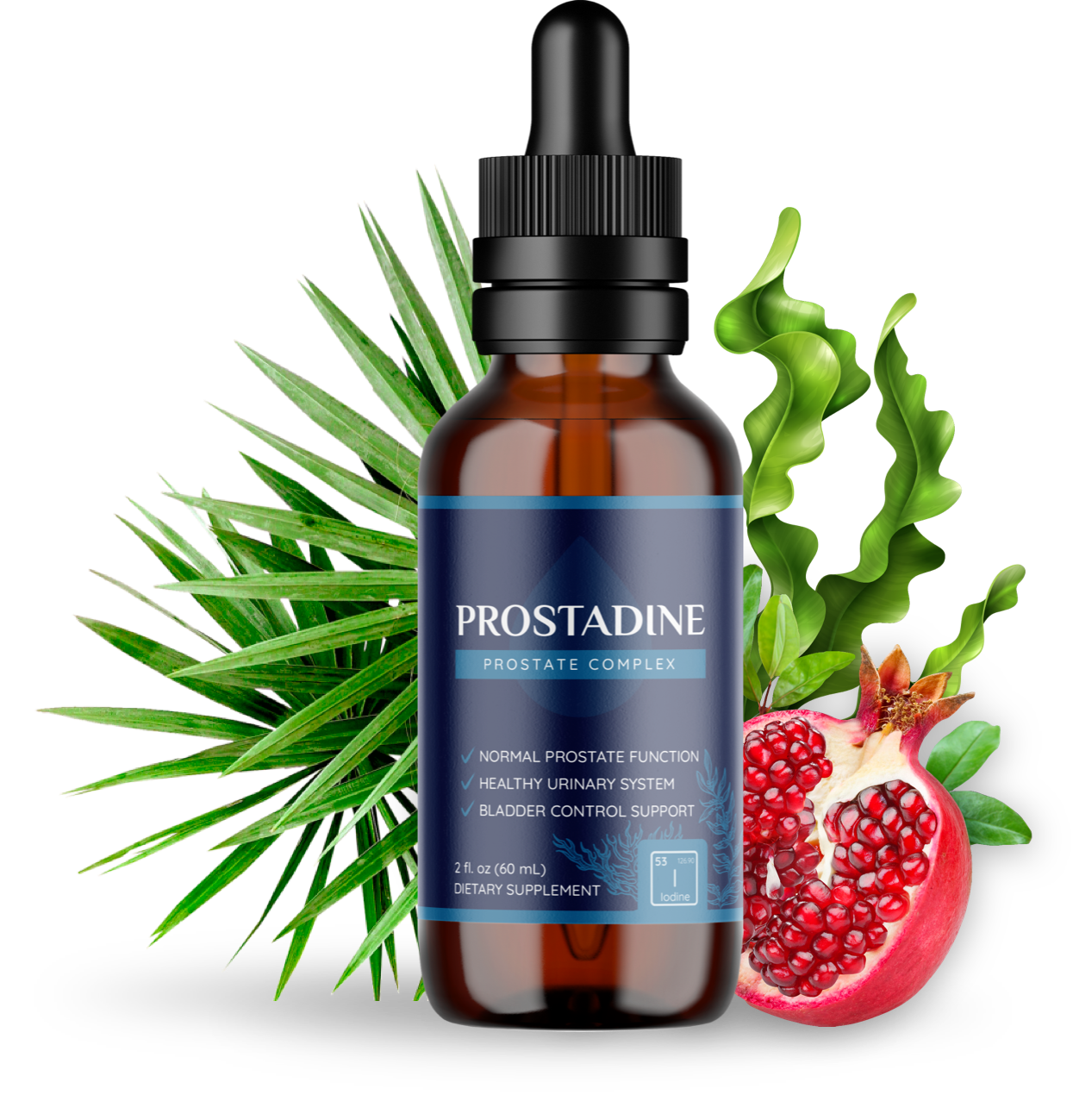
This Cold Drink Might Trigger Your Prostate
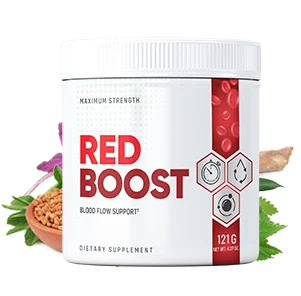
Red Boost is a powerful new formula for boosting male sexual health.
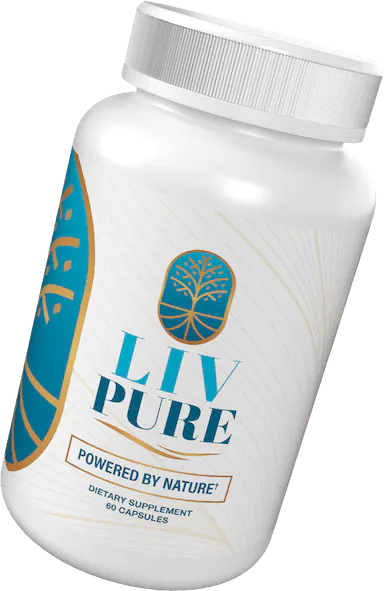
Everything you eat or drink eventually reaches your liver for processing.

Brand New Probiotics Specially Designed For The Health Of Your Teeth And Gums

Empowering You to Take Control of Your Blood Sugar Health!

Scientists Finally Discover the Root Cause of Belly Fat and Unexplained Weight Gain
